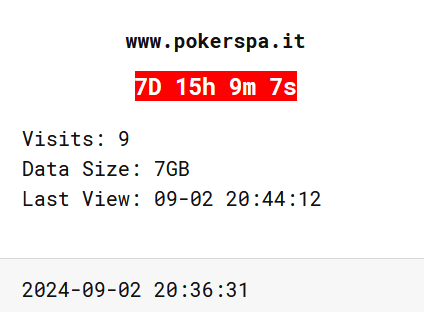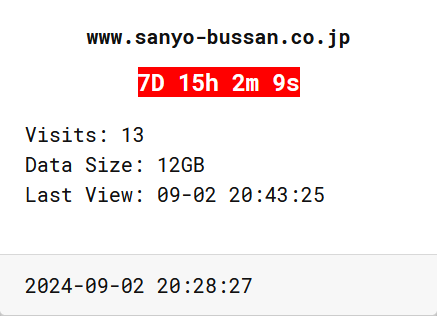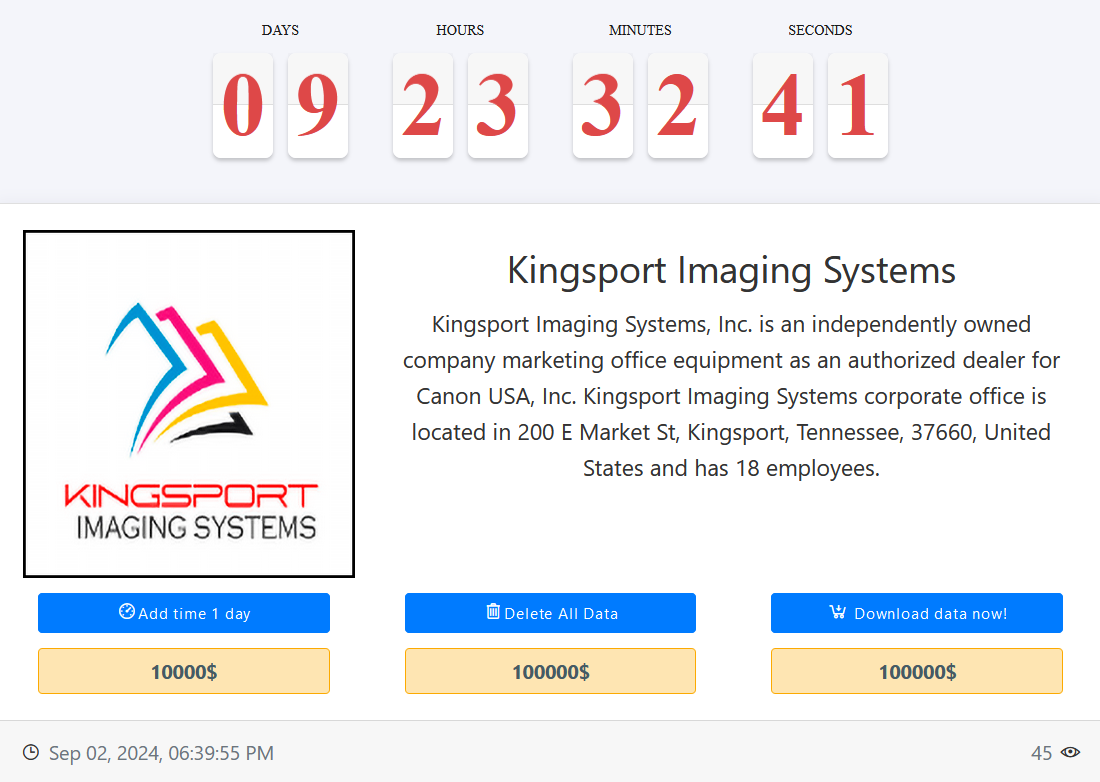
Rocinante Trojan Poses as Banking Apps to Steal Sensitive Data from Brazilian Android Users
Rocinante Trojan Poses as Banking Apps to Steal Sensitive Data from Brazilian Android Users
Next

Rocinante Trojan Poses as Banking Apps to Steal Sensitive Data from Brazilian Android Users
Next

Microsoft Says North Korean Cryptocurrency Thieves Behind Chrome Zero-Day
Next

Google Chrome Vulnerability Allow Attackers To Execute Arbitrary Code Remotely
Stay informed with the latest cyber threat news

Rocinante Trojan Poses as Banking Apps to Steal Sensitive Data from Brazilian Android Users
A new Android banking trojan named Rocinante targets mobile users in Brazil, exploiting accessibility service for keylogging and phishing screens to steal personal information and perform device takeover. The malware masquerades as popular apps like Bradesco Prime and Correios Celular, with distribution through phishing sites.

Microsoft Says North Korean Cryptocurrency Thieves Behind Chrome Zero-Day
Microsoft's threat intelligence team links North Korean hackers to exploiting a Chrome zero-day flaw in Chromium V8 engine, targeting the cryptocurrency sector for financial gain. The zero-day vulnerability, CVE-2024-7971, was actively exploited and marked as the seventh Chrome zero-day attack this year, attributed to an actor called 'Citrine Sleet' or known as AppleJeus, Labyrinth Chollima, UNC4736, and Hidden Cobra.

Google Chrome Vulnerability Allow Attackers To Execute Arbitrary Code Remotely
Google released Chrome version 128.0.6613 for Windows, Mac, and Linux with security updates. The update addresses high-severity vulnerabilities including a "Use after free" issue in WebAudio and an "Out of bounds write" in V8.


